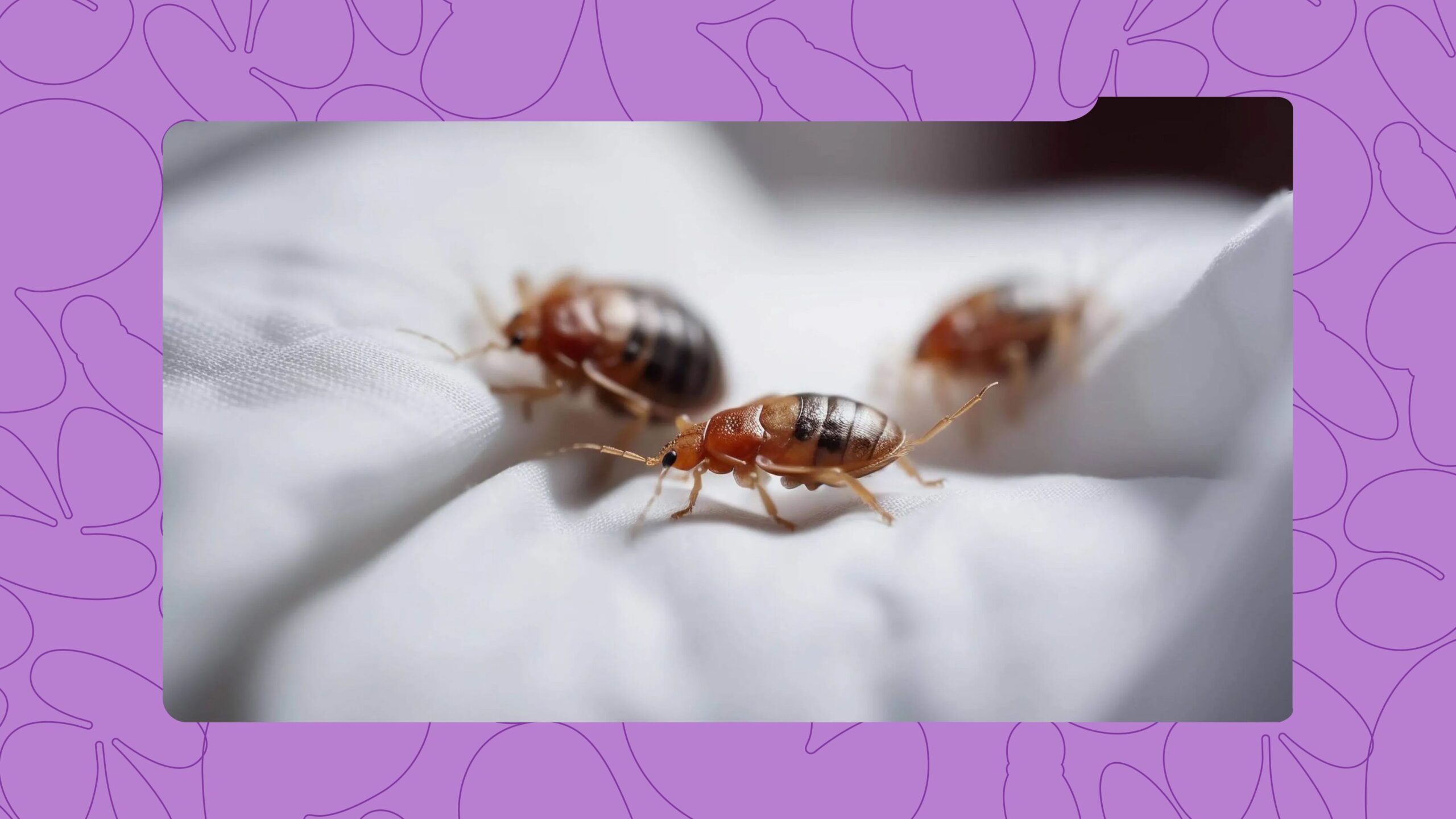
Many Nigerians take a hot cup of Nescafé at night to help them stay awake, a bottle of energy drink at the gym, and a Coke during lunch. Caffeine has its benefits, but while it keeps us sharp, focused, and energetic, have you stopped to ask how much of it is safe to consume daily?
What most people don’t realise is that caffeine has a daily limit. Go past it often enough, and it can lead to sleep issues, anxiety, or more serious health problems. Since caffeine hides in more drinks and snacks than we think, it’s easier than ever to overdo it without meaning to. So, how much is too much?
Read Also: Best Coffee Shops in Lagos for Work, Catch-Ups & Caffeine Lovers
How Much Caffeine Is Too Much?
Caffeine may seem harmless, but science says there’s a thin line between “just enough” and “too much.” According to health authorities like the World Health Organisation (WHO) and a 2023 study by Ezeofor and Nebechi Jane focused on Nigerian caffeine consumption patterns, the safe upper limit for a healthy adult is between 300 and 400 milligrams per day, even less for pregnant women.
To put that in perspective, that’s about 3 to 4 cups of brewed coffee, or 2 to 3 standard bottles of energy drink, depending on the brand.
The study by Ezeofor and Nebechi Jane found that a significant portion of Nigerians regularly consume more caffeine than recommended, not through deliberate overuse, but through accidental stacking, that is, mixing Nescafé, Coke, energy drinks, tea, chocolate, or even painkillers in the same day without realising how much they’re taking in.
It’s not about downing five bottles of Monster; hardly anyone’s doing that. But everyday choices add up, and before you know it, you’re well past the safe zone.
What Happens When You Take Too Much Caffeine?
Caffeine is safe in moderate amounts, but when your intake increases daily without you realising, it can mess with your body in subtle (and not-so-subtle) ways.
Here’s what overconsumption can lead to:
-
Poor sleep or insomnia: It overstimulates the brain and interferes with deep sleep, even if you don’t feel wide awake.
-
Increased anxiety and jitters: If you’re stressed, you might feel restless, edgy, or unusually irritable.
-
Heart palpitations or high blood pressure: Too much caffeine can temporarily spike your heart rate and blood pressure.
-
Digestive issues: High doses can cause heartburn or stomach irritation due to increased acid production.
-
Withdrawal and dependence: You may feel sluggish, get headaches, or struggle to focus when you skip your regular fix.
-
Blood sugar fluctuations: It may interfere with insulin sensitivity, which is a concern for people managing diabetes.
-
Risks during pregnancy: The WHO advises that pregnant women stick to less than 300 mg daily to avoid risks like low birth weight or complications.
How Much Caffeine Is in Popular Nigerian Drinks?
Healthier Ways to Stay Energised Without Overdoing It
You don’t need to rely on back-to-back energy drinks or cups of Nescafé to stay awake. There are gentler, more sustainable ways to boost your energy without pushing your body past its caffeine limit.
1. Chicory Root
₦6,000 (100g)
Often used as a caffeine-free coffee substitute, chicory root has a rich, roasted flavour and contains inulin, a prebiotic fibre that supports digestion and gut health. This can affect overall energy levels.
2. Asian Ginseng Tea
Supermart.ng
₦550 (20 g x 10)
A natural adaptogen used in traditional medicine for centuries, ginseng can help reduce fatigue, improve concentration, and enhance physical endurance over time. Asian ginseng is believed to increase energy levels.
3. Chai Tea
Everything But Coffee
₦8,000 (40 bags)
While chai contains black tea (which has caffeine), its caffeine content is significantly lower than that of coffee. Plus, the mix of spices like ginger, cinnamon, and cardamom can naturally energise you without overstimulating your system.
4. Peppermint Tea
₦2,500
Completely caffeine-free, peppermint tea is known for its refreshing taste and ability to reduce fatigue and improve alertness. It’s a great option for a mental pick-me-up, especially in the afternoon.
5. Green tea
₦2,200 (20 bags)
A favourite for a reason, green tea contains about 25 – 35 mg of caffeine per cup, along with L – L-theanine, an amino acid that promotes calm focus. It gives you just enough of a boost without spiking your energy levels.
Caffeine can be a powerful ally when used right, but like most things, it’s all about balance. If you regularly drink coffee, soda, or energy drinks, now is the time to start tracking your intake. Be mindful of how different products combine, and don’t wait for your body to show signs of burnout before you cut it back.
